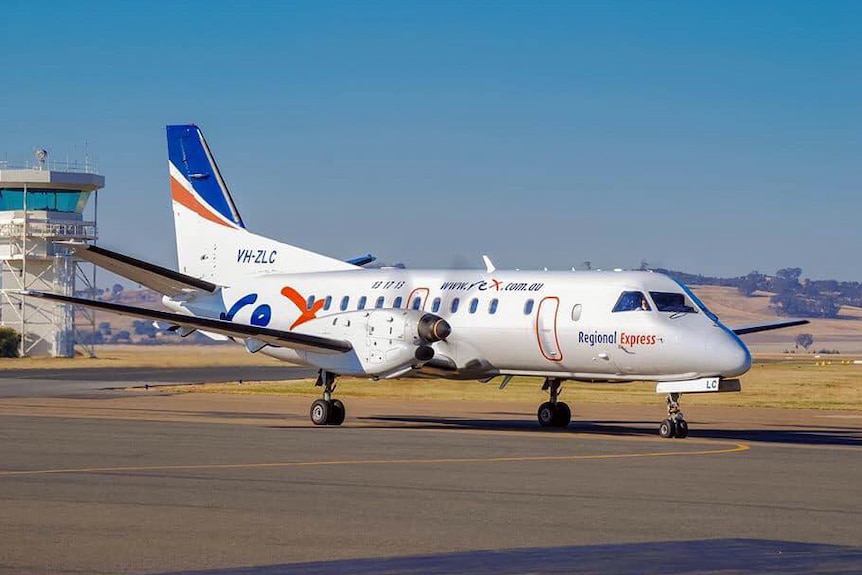All Rex Airlines Frontline Staff Now Vaccinated
Rex today announced all frontline staff on duty have now been fully vaccinated against COVID- 19, the first airline in Australia to reach this milestone. The several hundred vaccinated staff include pilots, flight attendants, customer…


